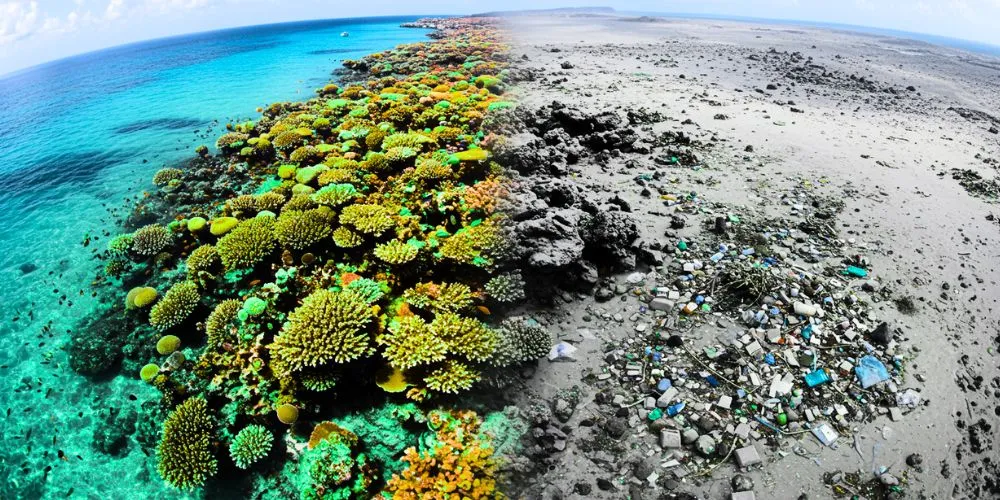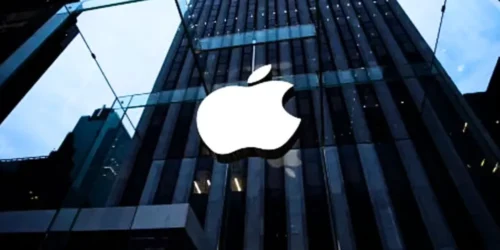We call our planet “Earth,” a name that betrays a profound ignorance of its true nature. Our world is a water world, dominated by the vast, interconnected ocean that regulates our climate, generates the air we breathe, and sustains millions of lives. Yet we treat this life-support system like a combination of a sewer and an inexhaustible mine. Our disregard for the ocean is not just shortsighted; it’s a suicidal act on a global scale.
Out of Sight, Out of Mind
The ocean’s greatest tragedy is its depth. Because most of the damage we inflict happens far from shore and deep beneath the waves, we can conveniently ignore it. We see the plastic bag on the beach, but not the Great Pacific Garbage Patch. We hear about overfishing but don’t see the trawlers scraping entire ecosystems off the seafloor.
More Than Just a Resource
Our relationship with the ocean is purely extractive. We extract fish, oil, gas, and minerals, and in return, we give them our plastic waste, chemical runoff, and carbon emissions. We fail to see the ocean for what it is: a complex, living system. We are killing the goose that lays the golden eggs, poisoning the very source of our survival.
The Myth of Infinite Abundance
For centuries, the ocean seemed too vast to harm. This illusion of infinite resilience has shattered. We have fished out 90% of the big fish. Our coral reefs, the rainforests of the sea, are bleaching and dying at an alarming rate due to rising water temperatures. The ocean is acidifying, threatening the base of the entire marine food web.
Beyond Beach Cleanups
While individual actions, such as beach cleanups, are well-intentioned, they are a band-aid on a gaping wound. We need a fundamental, global shift in policy. This means ending harmful fishing subsidies, aggressively cracking down on illegal and unregulated fishing, establishing vast marine protected areas, and holding corporations accountable for their pollution.
Conclusion
We are terrestrial creatures, but our fate is inextricably tied to the health of the ocean. It is our planet’s blue heart, and we are putting it into cardiac arrest. Protecting the ocean is not an environmental issue to be siloed away; it is the central challenge for human survival in the 21st century.













